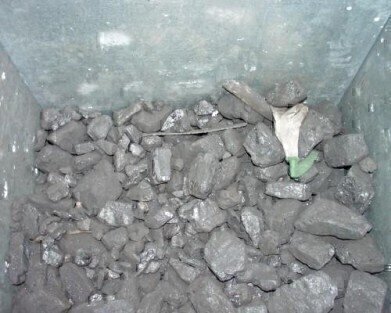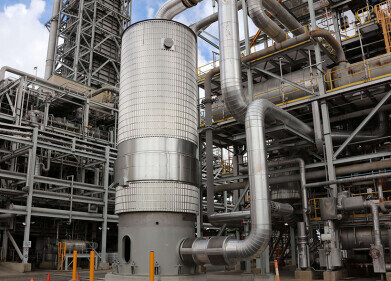-
 Fossil fuels are to be used throughout Japan in place of nuclear power, which will increase emissions
Fossil fuels are to be used throughout Japan in place of nuclear power, which will increase emissions
Air Clean Up
Japan reduces carbon emissions targets
Nov 15 2013
Japan has announced that its targets for 2020 carbon emissions reductions are to be lowered following the nuclear disaster at the crippled Fukushima power plant. The country had previously committed to reducing emissions by 25 per cent below the levels recorded in 2005, however, new targets will see them cut by as little as 3.8 per cent below 1999's levels.
The announcement was made following the 'switch off' of all of Japan's nuclear power stations. With all power stations currently offline the country is relying on the burning of fossil fuels to provide residents with energy. The burning of fossil fuels throughout the whole country will drastically increase the amount of carbon emissions created.
Chief cabinet secretary Yoshihide Suga made the announcement in Tokyo, which will see emissions targets set at three per cent above 1999 levels instead of 25 per cent below. According to Mr Suga, the target that was set by the government at the time - which is now the opposition Democratic party - was "totally unfounded" and unfeasible.
According to Hiroshi Minami, chief negotiator for Japan who spoke at the UN climate change talks in Warsaw, the altered targets are representative of what the country can expect to achieve if there is no nuclear power in the future. He said that the country's ambition had to be lowered in order to line up with what is realistically possible.
Over a quarter of the country's energy was produced by nuclear power stations, however, following the earthquake and tsunami in 2011 this figure has dropped. All of the reactors in Japan - 50 in total - have remained mostly idle following the disaster as maintenance and safety checks are carried out.
Mr Minami said that the energy generation situation could change if nuclear power is once again a viable option in the future.
It is expected, according to analysts, that Japan will be without any form of nuclear power until next month at the earliest, following the reactor at Ohi being turned off in September. Applications to restart around 12 reactors have been filed by power companies, but it will take a while for all the necessary checks to be made before they can be turned on again.
Events
May 13 2024 Munich, Germany
May 23 2024 Beijing, China
May 23 2024 Beijing, China
Jun 10 2024 Algiers, Algeria
Jun 10 2024 Frankfurt, Germany













